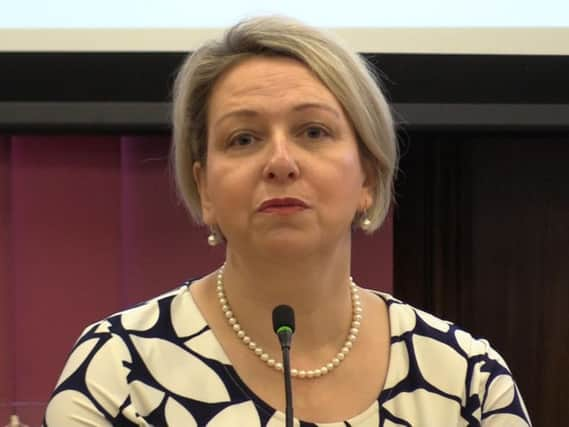People with learning disabilities are missing out on physical health checks


The figures, for 2017/18, are an improvement on the previous twelve months, but still fall far short of a target for 75 percent of affected individuals to be given a once-over by their GP.
Statistics presented to Lancashire County Council’s health scrutiny committee show that people with a learning disability die, on average, 20 years earlier than those who do not.
Advertisement
Hide AdAdvertisement
Hide Ad“That is often because their physical health is not managed as well as somebody who has capacity,” Rachel Snow Miller, director of commissioning for learning disability services at the region’s Integrated Care System (ICS), said.
She has written to every CCG to outline her “concerns” over the number of people missing out on the checks.
In an attempt to improve access for patients, a so-called ‘lab in a bag’ service has been successfully trialled in Chorley.
“Rather than individuals having to go to their GP practice to have a range of tests, including blood tests, [medical professionals] take a rucksack with all their kit and go to wherever the person with a learning disability is,” Ms. Snow-Miller explained.
Advertisement
Hide AdAdvertisement
Hide AdThe service could be extended to Blackpool as part of its improvement plan for health checks, which also includes appointing named individuals to help relevant patients get an appointment.
Other CCGs may also adopt the idea of sending medics into the community, although there is no requirement for individual GP practices to offer learning disability health checks.
The region is also exploring the use of patient advocates who can approach GPs on behalf of people entitled to the tests.
Blackpool CCG was contacted for comment.
FACTS AND STATS
40,000 – number of adults and children in Lancashire with a learning disability
Advertisement
Hide AdAdvertisement
Hide Ad17,600 – number of adults and children in Lancashire with autism
8,500 – number of adults and children in Lancashire with both a learning disability and autism
Source: Healthier Lancashire and South Cumbria